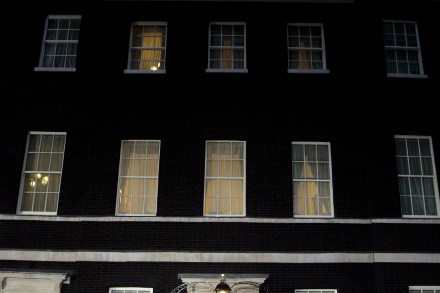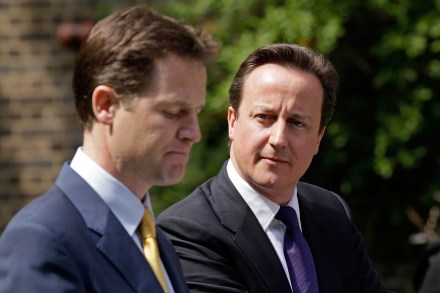The emergency Budget will be the true measure of this coalition
So who agrees with the economists forecasting that VAT will rise – perhaps to 20 percent – this year? I’m not normally one for making predictions but, as far as I can tell, this one seems pretty likely. Various politicos have been leaning towards this measure over the past year. And the new government will need quick ways to plug the fiscal gap while spending cuts filter slowly through the system. Problem is, it might make Vince Cable’s silly attacks during the election look even sillier in retrospect. Oh well. This opens up the wider question of how the coalition will rebalance our public finances. The Lib Dems have said

















